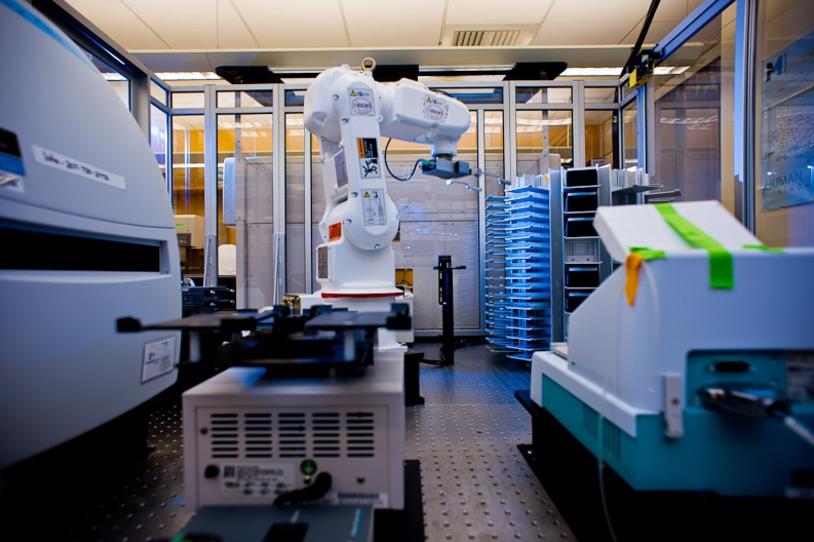
If drug development in general unfolds at a snail’s pace, central nervous system (CNS) drug development moves at the clip of a banana slug (the world’s slowest known mollusk). That’s the finding from a new study, released last week by the Tufts Center for the Study of Drug Development, which has attached an updated and frustrating figure to the problem: It takes 35 percent longer to bring CNS drugs to market than the average for all drugs in the development pipeline.
Why so slow? Our Foundation is well-acquainted with the challenges that hold up drug development for Parkinson’s and other CNS disorders, and is working hard on solutions.
- Drugs do not easily cross the blood-brain barrier (BBB), a thin layer of cells that protect the brain from infection and disease, presenting a major delivery challenge for drugs that need to get to the brain. MJFF is always looking for innovative projects to overcome this challenge in potential PD treatments. Here’s one funded study that successfully found potential antibodies that could in the future be used to help new therapies traverse the BBB.
- We need a biomarker of Parkinson's disease. The impact a biomarker would have on drug development can hardly be overstated: For the first time, researchers could measure whether a potential drug is actually slowing the progress of PD. MJFF is sponsoring the Parkinson’s Progression Markers Initiative (PPMI), a $45-million five-year clinical study to identify PD biomarkers.
- Research tools necessary to test drug candidates are prohibitively expensive, and often unavailable to the research community at large, slowing progress. MJFF has invested more than $10 million to proactively develop tools (such as pre-clinical models and laboratory reagents) and distribute them at low or no cost to academic and industry teams, leaving scientists free to focus on developing new treatments.
- Participation levels in clinical research are low — delaying clinical studies of potential new drugs. Sometimes, due to difficulty in recruitment, such trials don't even get off the ground. Last July, we launched Fox Trial Finder, a user-friendly Web site that makes it easier to get involved in research. Both patients and people who don’t have PD are needed.
So what’s the good news? The PD drug landscape does seem to be changing. According to the Tufts study, investments in the pipeline developing drugs targeting CNS diseases grew six percent each year during the past decade. And according to the study lead, “the CNS new product pipeline is among the richest in the R&D-based drug industry.” Meanwhile, we’ll keep plugging away here at Fox to streamline and orchestrate the drug development process and do whatever it takes to bring new treatments to patients faster.